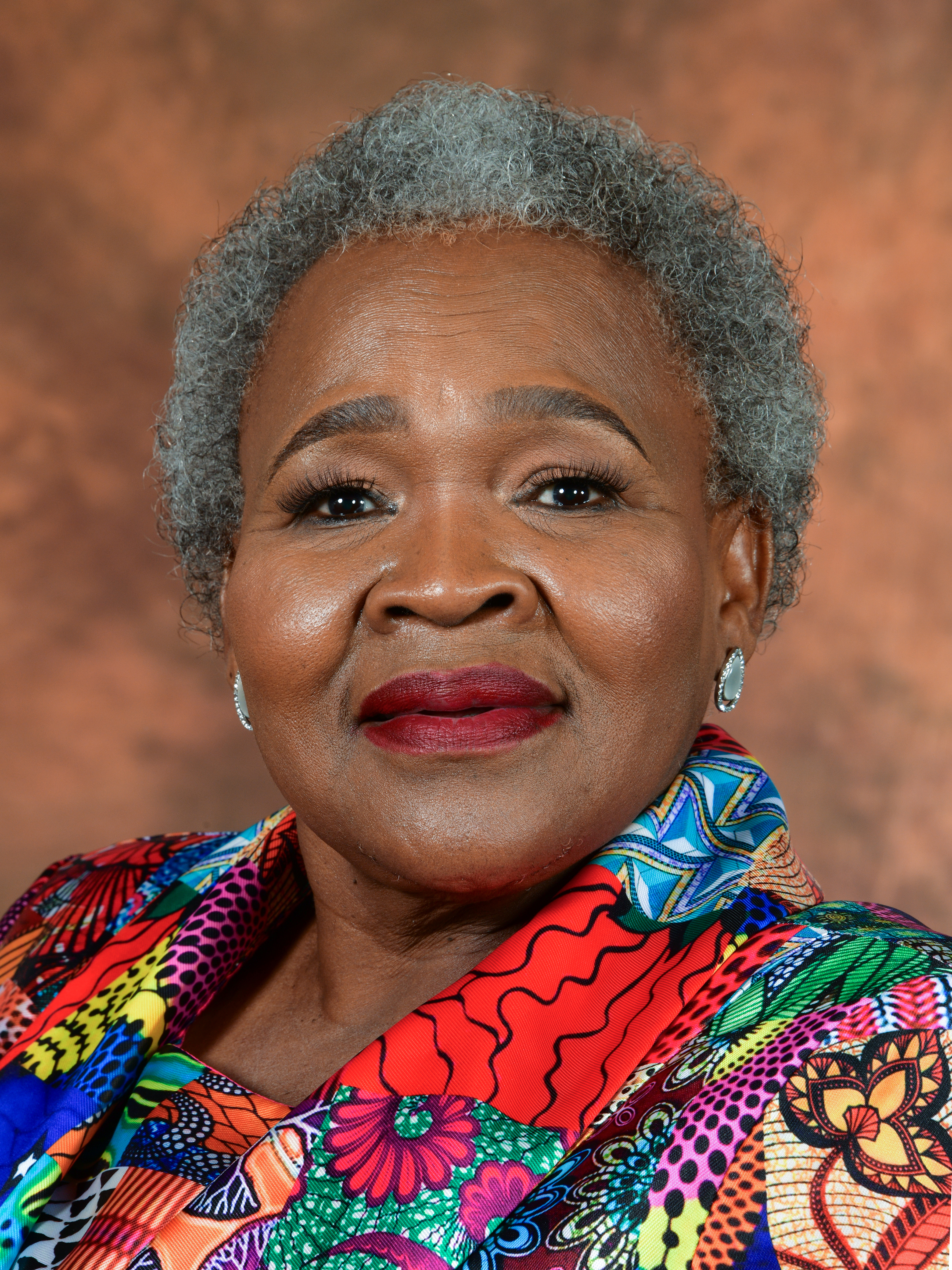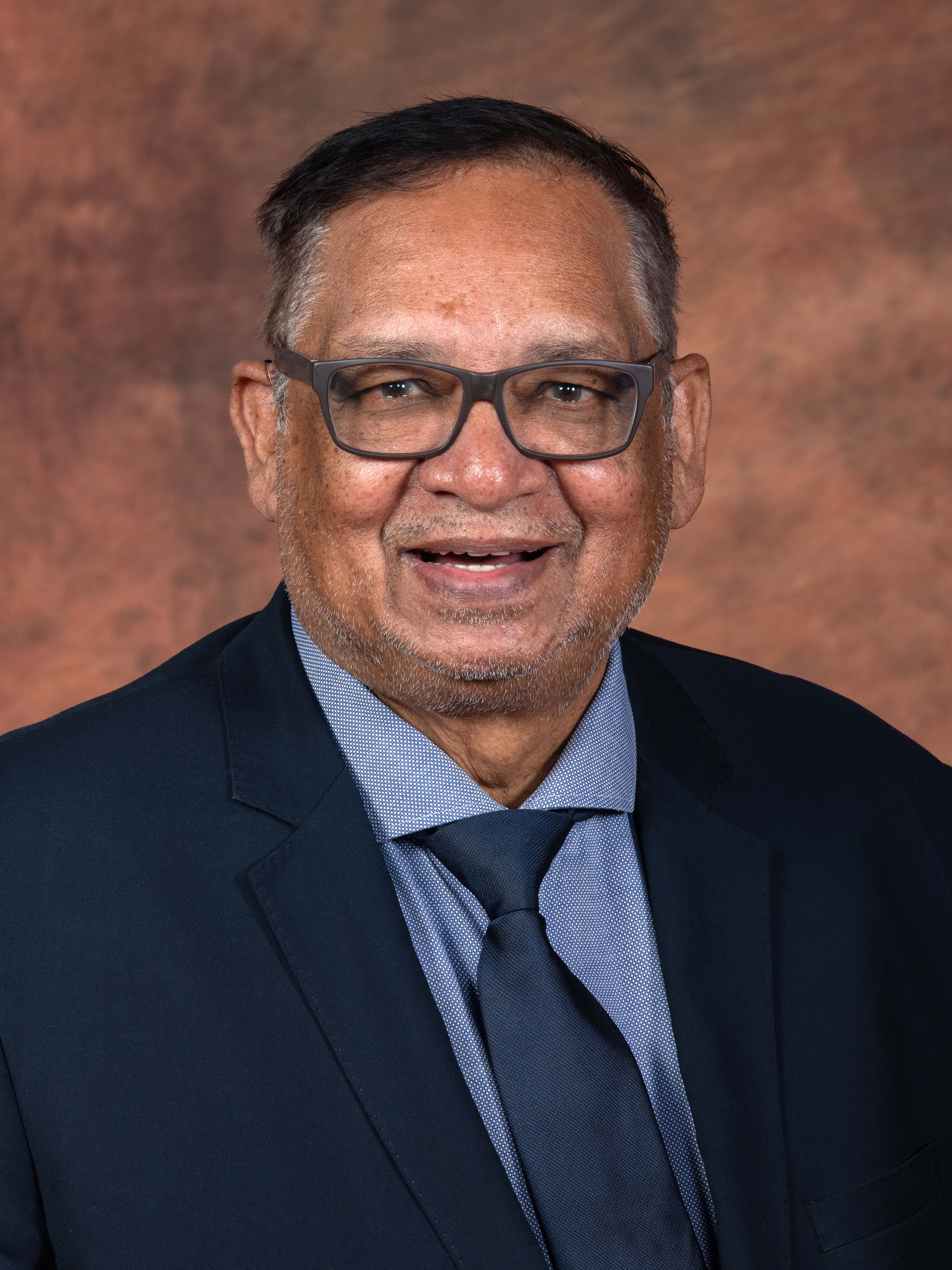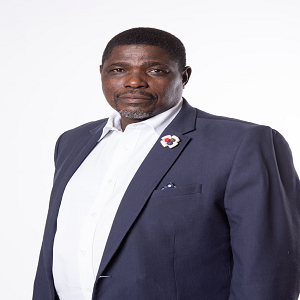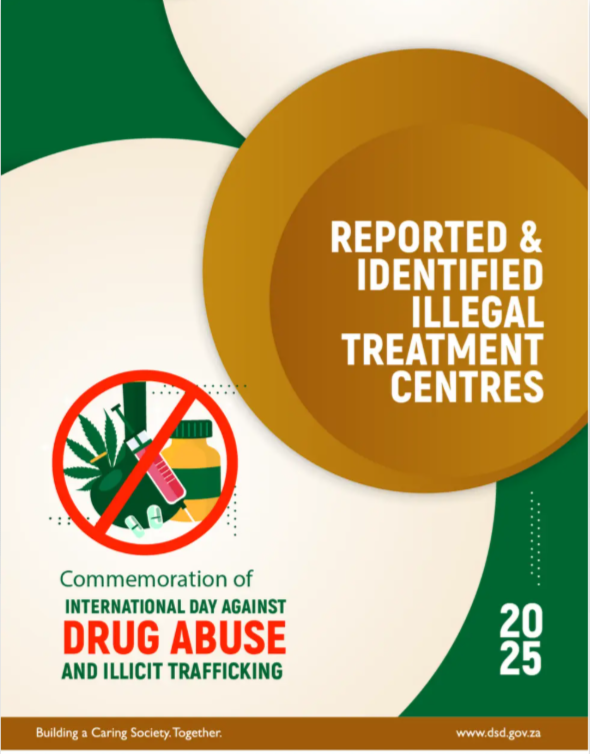By Precious Mupenzi.
- The Nkangala in-patient treatment centre’s aftercare programme, in partnership with the National Youth Development Agency (NYDA), equips recovering youth with essential life skills, helping them reintegrate into society and reduce relapse.
- The Mpumalanga Anti-Substance Abuse Forum is actively coordinating efforts across government departments, NGOs, schools, and traditional structures to combat substance abuse.
- Voices of Hope and Transformation: Personal testimonies demonstrate the transformative impact of early intervention, treatment, and community-based support programmes.
As South Africa observed the International Day Against Drug Abuse and Illicit Trafficking (IDADAIT) on 26 June 2025, a sobering reality emerged from the sidelines of the provincial commemoration at Sakhile Stadium in Standerton, Mpumalanga. Mr Marcus Masemola, Chairperson of the Mpumalanga Anti-Substance Abuse Forum, reminded the nation that the battle against substance use remains a pressing challenge.
“We are here to commemorate this important day, but it’s not yet uhuru,” said Masemola, reflecting on the ongoing impact of substance use in communities across the country. “We still have brothers and sisters caught in cycles of dependency, particularly related to illicit drugs, while many others are drawn into harmful patterns of alcohol use — often accepted as normal by society.”
Masemola raised particular concern over the increasing trend of alcohol consumption among youth, describing it as a socially accepted yet dangerous gateway. “According to health experts, alcohol withdrawal can be more complex and dangerous than drug withdrawal,” he cautioned. “This is why prevention is critical. We urge young people — if you have not started drinking or using substances, don’t start. Recovery is a long and painful process.”
He emphasised that overcoming substance dependency requires more than professional treatment — it demands long-term psychosocial support, reintegration services, and a strong community network. “The real challenge begins after rehabilitation. Every day, individuals must navigate the risk of relapse, which is why sustained aftercare and reintegration programmes are essential,” he said.
The Mpumalanga Anti-Substance Abuse Forum plays a central role in coordinating province-wide initiatives focused on prevention, education, treatment, and social reintegration. However, Masemola highlighted that limited coordination among stakeholders continues to hamper progress. “We cannot fight this battle in silos. We need collective action from every sector — government, faith-based institutions, civil society, and traditional leadership.”
By contrast, he warned, criminal syndicates involved in the drug trade operate with concerning precision and cohesion. “Drug dealers are highly organised. They receive tip-offs before law enforcement arrives, and police often find empty premises during raids,” he noted.
He called on communities to become active agents in the fight against the drug trade. “We must come together — parents, religious leaders, traditional councils. Our young people are in danger, and if we truly value the future of this nation, the time to act is now.”
Masemola also highlighted the Forum’s strong presence in schools through awareness campaigns and partnerships with organisations such as SANCA and local traditional authorities. These initiatives aim to educate learners on the dangers of substance use and promote healthy, drug-free lifestyles.
Two key provincial treatment centres were also spotlighted: Nkangala In-patient Treatment Centre, which caters specifically to boys, and Swaartfontein Treatment Centre, which serves both boys and girls. These facilities offer structured treatment and collaborate closely with civil society to provide holistic recovery support.
Of particular significance is Nkangala’s newly launched aftercare initiative in partnership with the National Youth Development Agency (NYDA) and various government departments. This programme provides individuals in recovery with critical life and vocational skills to support sustainable reintegration into society.
One such individual is Vuyo Galebetse, who began his recovery journey at Nkangala in March 2025. Sharing his personal story during the commemoration, he described the devastating impact that crystal meth had on his life and family relationships.
“I started with cannabis, and it quickly escalated to crystal meth,” said Galebetse. “I reached a point where I was stealing from my family to sustain my use. That was my wake-up call.”
Now, several months into treatment, he expressed gratitude for the opportunity to begin anew. “This programme saved my life. I’m learning to live with intention and purpose. To other young people — don’t wait until you’ve lost everything. Seek help before it’s too late.”
Galebetse’s journey reflects the broader message from Masemola: recovery is possible, but it requires a shared commitment from families, communities, and institutions.
“There is help. There is hope. But unity is key. If we do not act collectively, we risk losing a generation to substance dependence,” Masemola concluded.


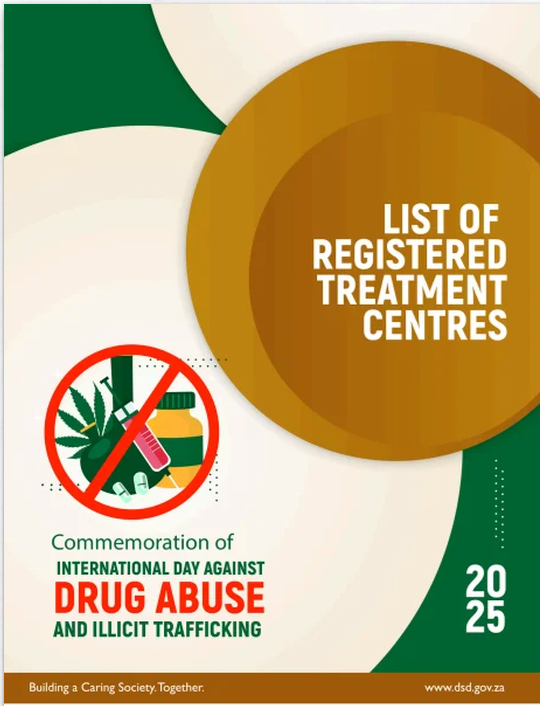

 0
0 